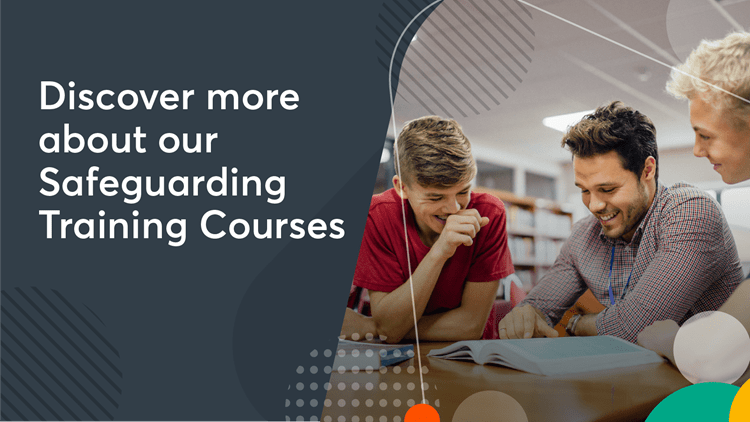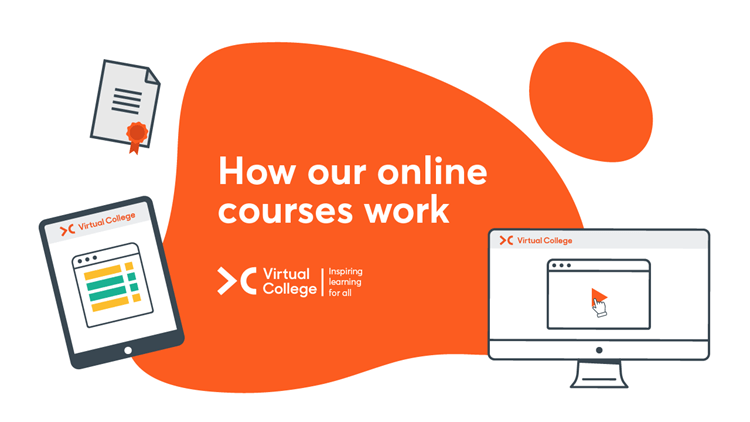Safeguarding Everyone Level 2
Safeguarding Everyone Level 2 explores the responsibilities level 2 workers may have, what the signs and symptoms of abuse are as well as how the risk of abuse can be reduced and the actions needed to be taken if you suspect abuse. In addition, the course expands on whistleblowing and its importance, as well as the importance of multi-agency cooperation and the impact well-known cases of abuse have has on legislation.
Course Overview
Format
- Level 2
- 1 Study Hour
- Online Study
- Self-Printed Certificate
Accreditation
- 3 CPD Points
- CPD Certified
Course description
If you work with children young people or adults, you have a number of key responsibilities to ensure that any suspected abuse or neglect is reported to the appropriate level.
This course will give you the knowledge and skills to ensure you can help safeguard not only those you are directly responsible for but everyone you have contact with whilst carrying out your duties.
We also offer Safeguarding Everyone Training at Level 1 and Level 3
Unsure if you require Level 1, 2 or 3 Safeguarding Everyone training? Check out our short guide to find the course that best matches your needs and requirements here.
It is a statutory requirement for anyone who works with vulnerable children, young people and adults to have up-to-date knowledge of safeguarding policies, legislation and guidance so they can proactively focus on keeping them safe from harm and maintain the ability to act on any concerns about their safety and welfare.
This Level 2 course is suitable for a range of roles including those who frequently or regularly work with vulnerable individuals.
Upon completion of this course, you will be able to recognise different types of abuse and to understand how they may occur; know the nationally and locally recognised safeguarding guidelines; be able to respond appropriately to alleged or suspected abuse, and understand the appropriate ways to reduce the likelihood of abuse for children and adults.
What is included in this course?
This course covers the following safeguarding topics:
- An overview of safeguarding
- Why is safeguarding important
- Serious case reviews and Bichard reports
- The latest legislation and guidance
- Multi-agency working
- Jargon and key terms
- National and local contexts
- Types of abuse
- Signs and symptoms of abuse
- Reducing the likelihood of abuse
- Whistleblowing
- Roles and responsibilities
- Recognising abuse
- How to deal with suspected/disclosed abuse
- Record-keeping and recording
This course takes e-learning to the next level with immersive real-world scenarios to help professionals apply knowledge into everyday life. On completion of this course learners will be able to:
- Apply the changes to practice made over the past three years to your work
- Identify different levels of harm and follow the appropriate safeguarding procedures
- Collect safeguarding information from both a local and national context
You will learn
- Be able to recognise the signs of abuse
- Be able to respond appropriately to suspected or alleged abuse
- Be able to recognise the national and local context of safeguarding and protection from abuse
- Know the most appropriate ways to reduce the likelihood of abuse
- Know how to recognise and report unsafe practices
- Understand serious case reviews any their outcomes
Who is it for?
Roles including:
- Administrators
- Reception staff
- Teachers
- Teaching assistants
- Social workers
- Safeguarding teams











/safer-recruitment.jpg?mw=320&hash=A2BB5E144C89C295EC10C63680F69F39C4C3E566)










